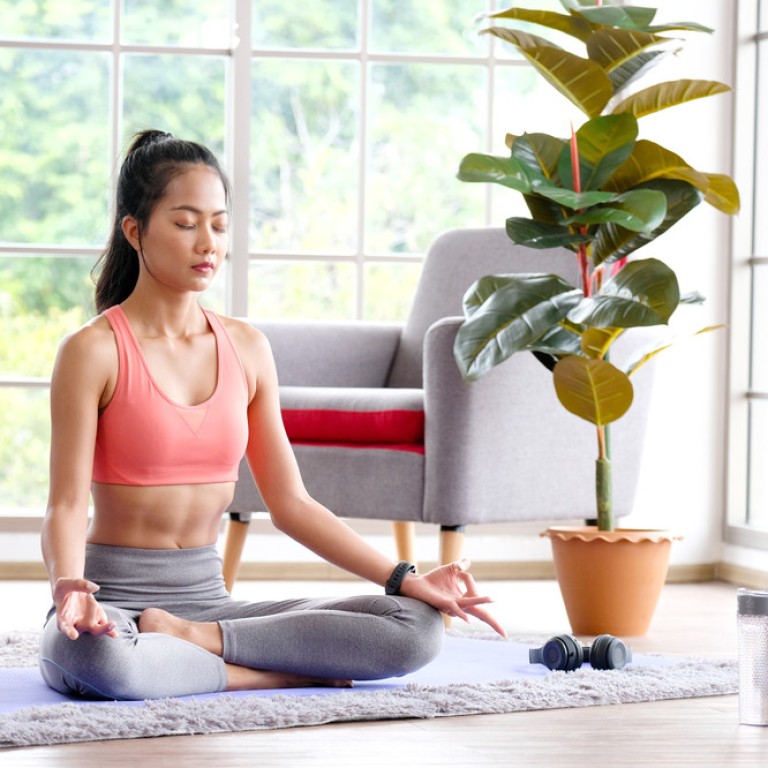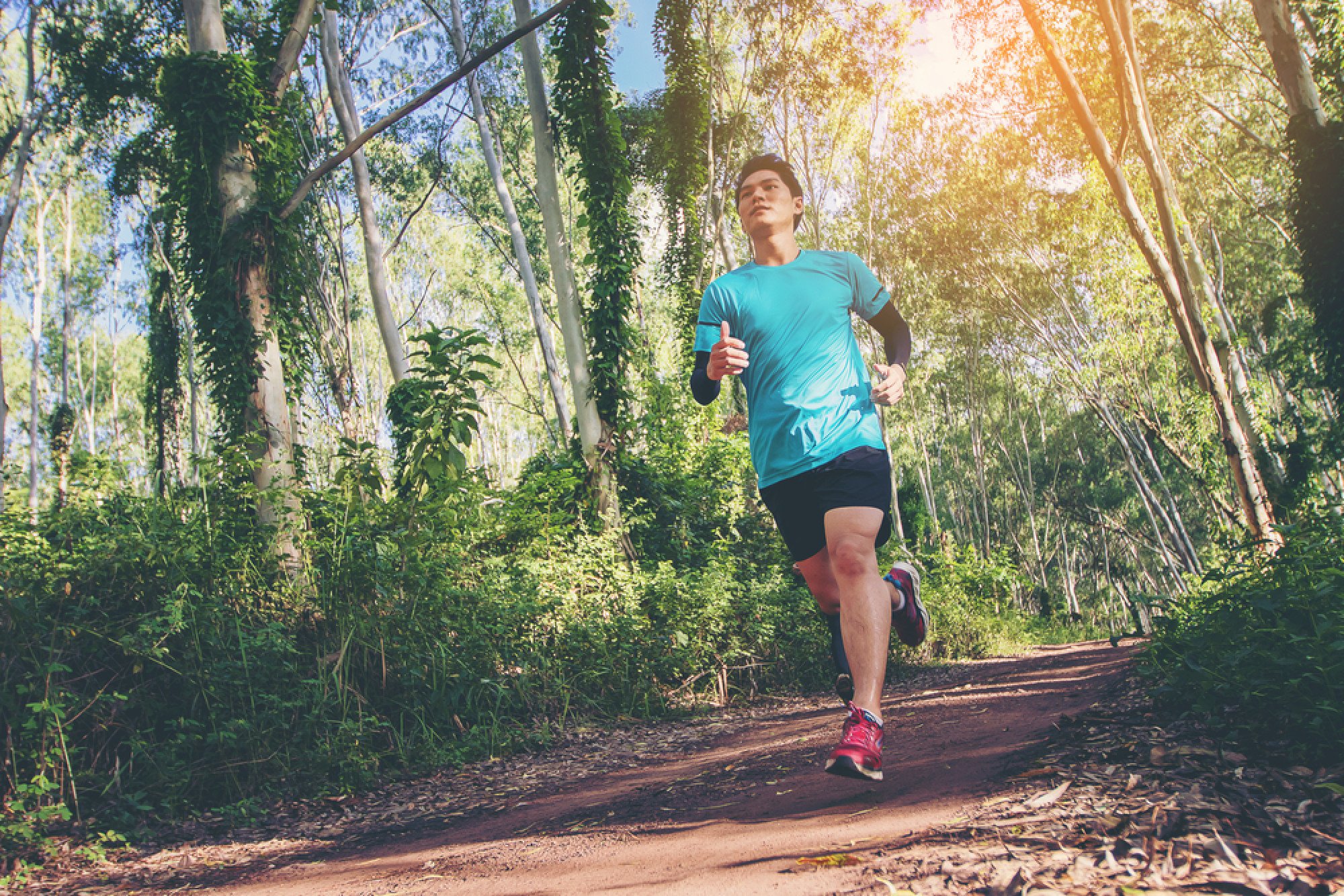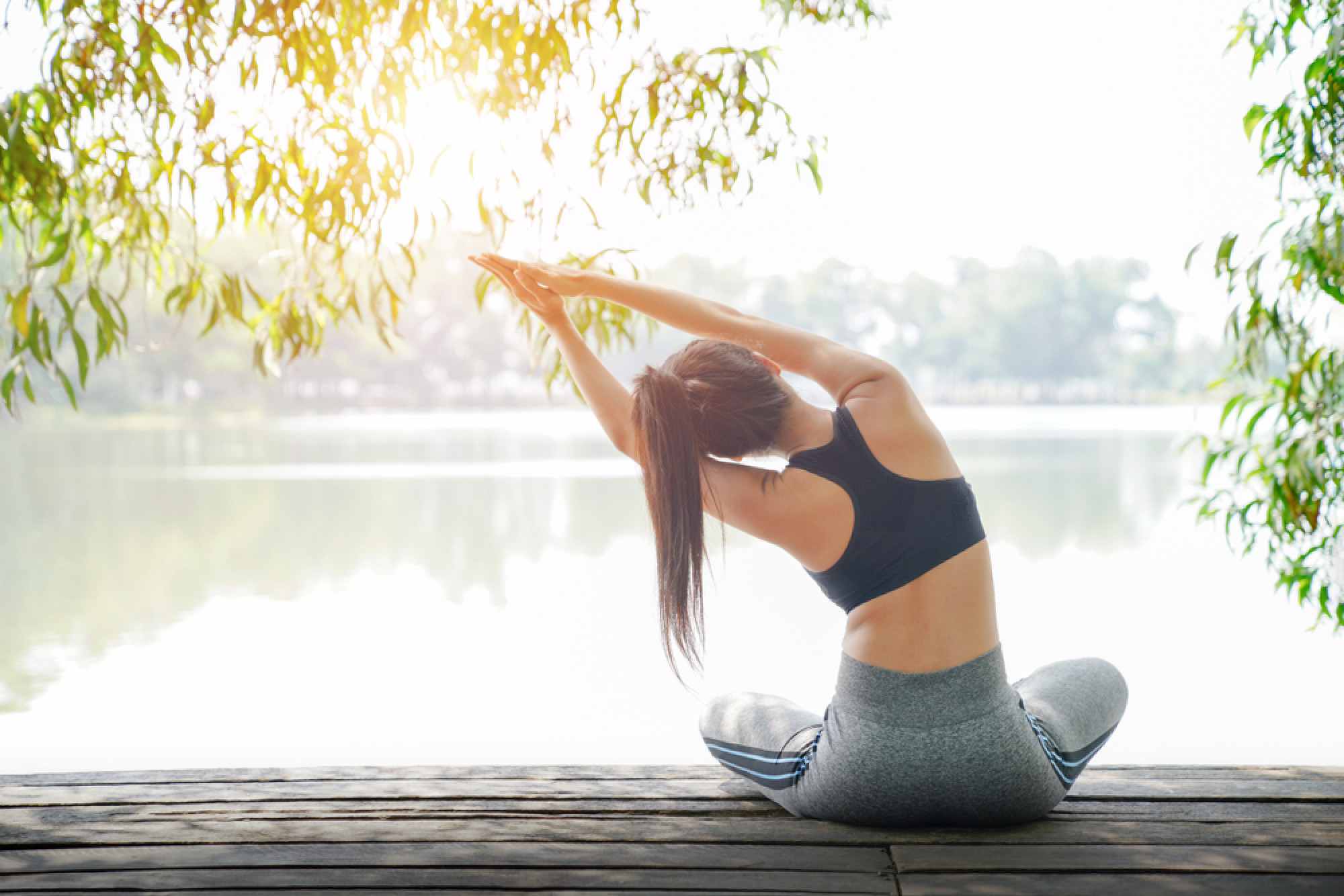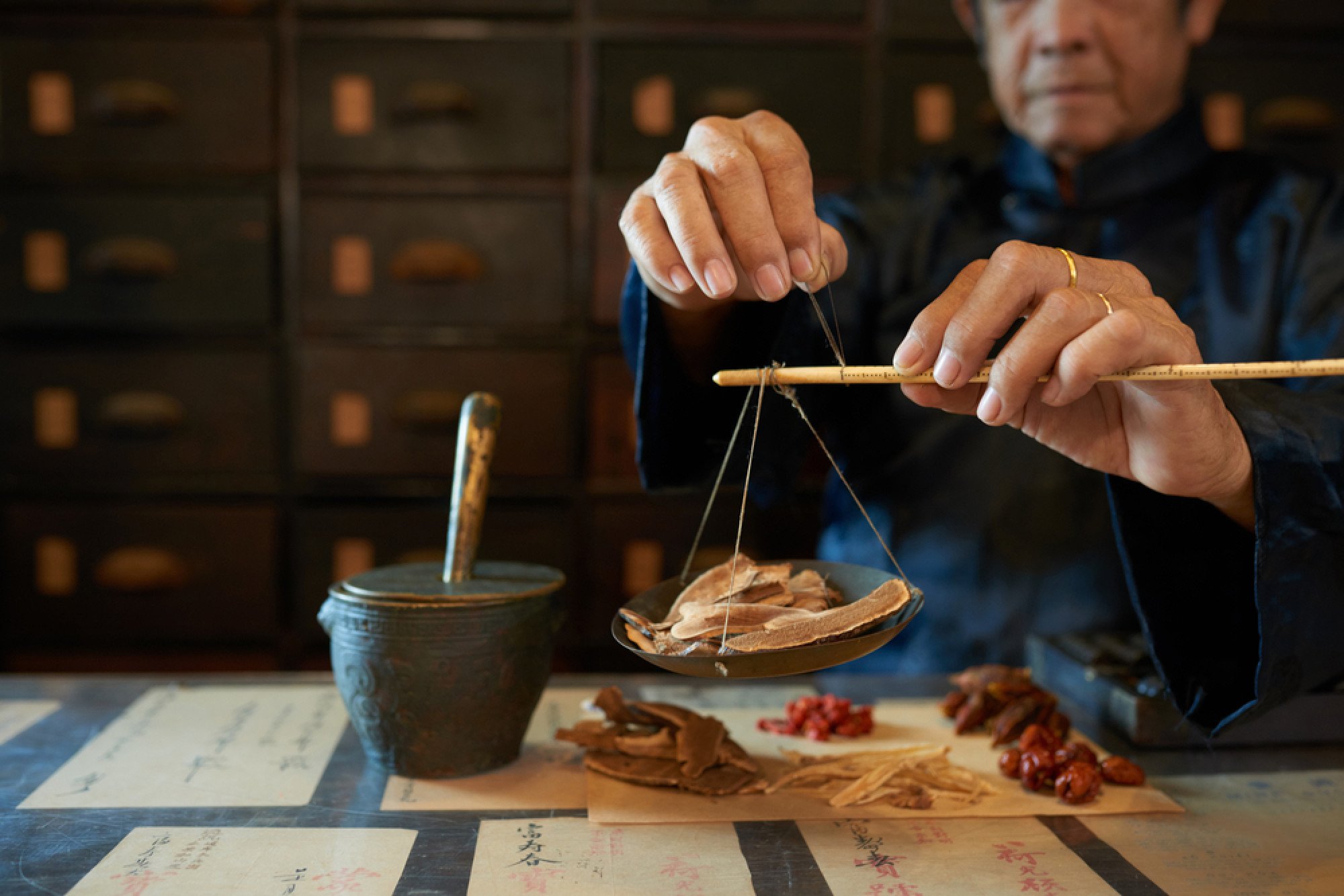
5 healthy habits that are trending across Hong Kong in 2022
- As the fifth wave of Covid-19 subsides in the city, residents are paying more attention to their holistic wellness – physical, mental and financial
- Prominent wellness trends that have been growing in popularity include long-distance running and using traditional remedies to boost immunity
[Sponsored article]
More Hongkongers have also been inspired to stay in shape and prioritise their physical, mental and financial well-being. Here are some of the prevalent and ongoing wellness trends that have been spotted across the city.
1. Everyone is going the distance with running
Many people in Hong Kong have become converts to running, seemingly overnight. It is as if the lack of travel, paired with social-distancing restrictions that kept everyone at home more, pushed people to find other ways to keep on moving as gyms and exercise studios had to shut down during the Covid-19 waves in the city.
“Running has been a major fitness trend during the pandemic, given it was one of the easiest ways to be active when other options like gyms or team sports were no longer feasible during the pandemic,” shoe review website RunRepeat explains.

2. Turning to the outdoors and nature to soothe the mind

Forest bathing – the Japanese practice of shinrin-yoku, or “forest bath” – is a concept that is also catching on in Hong Kong. It involves “bathers” spending time in nature so their senses savour the feel, sights, smells and sounds of their surroundings. Hong Kong-based certified forest therapy guide Jasmine Nunns says: “The benefits of nature for our well-being are endless, from improving quality of sleep, mood and the cardiovascular system to reducing stress and anxiety.”
3. Traditional ways of boosting immunity
The pandemic has also put a spotlight on holistic remedies beyond Western drugs, particularly traditional Chinese medicine (TCM), as Hongkongers open themselves to different ways of boosting immunity.

4. Get a better handle on financial stress
The research has spoken: money is a source of anxiety for many people. A 2020 study designed by the Mental Health Association of Hong Kong found that 65.7 per cent of Hongkongers felt stressed about income or employment that year.

Improving our financial literacy can help lessen this stress. Annamaria Lusardi, founder and academic director of the Global Financial Literacy Excellence Centre (GFLEC) at George Washington University in the US, advises that people tackle money issues head-on. “You solve the problem by taking charge of it … ignorance in finance is not bliss,” Lusardi says.
5. A little reward goes a long way
While being active and holistically healthy may come easier to some people than others, everyone could use an extra push to maintain this type of positive lifestyle. Rewarding yourself for regular workouts has proven to be a helpful way to stay motivated.

In Hong Kong, HSBC has made this method of motivation easily accessible with its wellness reward programme, Well+. Available on the HSBC HK mobile banking app, Well+ enables all HSBC customers to earn up to $2,000 RewardCash*. It works like a game, encouraging users to become physically, mentally and financially fitter by completing fun activities at each level.
Disclaimer from HSBC:
Well+ is a joint programme co-branded by HSBC Life (International) Limited, incorporated in Bermuda with limited liability (“HSBC Life”), and The Hongkong and Shanghai Banking Corporation Limited, incorporated in the Hong Kong Special Administrative Region (“Hong Kong SAR”) with limited liability (“HSBC”), and is provided in the Hong Kong SAR only.
*For the potential earnings of up to $2,000 RewardCash, it is applicable to customers who are holding an in-force individual HSBC Life insurance policy only. Please refer to relevant T&Cs and frequently asked questions (FAQs) available on the Well+ website and on the “HSBC HK Mobile Banking” app for details.
Issued by The Hongkong and Shanghai Banking Corporation Limited (incorporated in Hong Kong SAR with limited liability) and HSBC Life (International) Limited (incorporated in Bermuda with limited liability).

